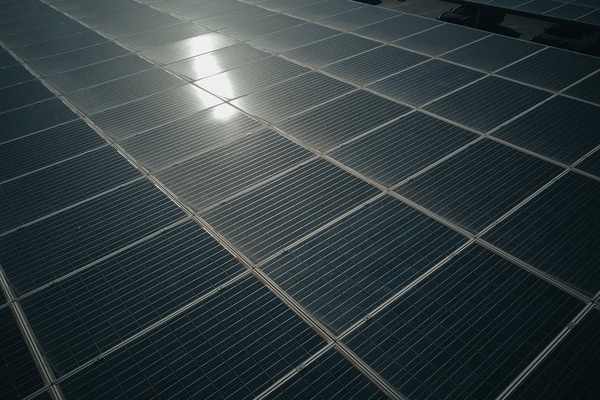The Ministry of Industry, Mines, and Energy, Tunisia has revealed the outcomes of the initial phase of its 1700 MW renewable energy initiative. Nearly 500 MW of solar capacity has been allocated across four projects. These projects will be developed by Qair Group in Sidi Bouzid and Gafsa, Scatec ASA in Sidi Bouzid, and Voltalia in Gabes. The selected bids were determined through a competitive process, with the lowest tariff offered at EUR 2.9¢/kWh.
The awarded projects are planned to begin operation by 2027. Once operational, they are expected to produce around 1000 GWh of electricity annually. This would contribute approximately 5% of Tunisia’s national electricity generation. These projects are also expected to reduce the country’s reliance on natural gas by saving about 250,000 tonnes of oil equivalent (toe) each year. This could result in an annual savings of around $125 million in natural gas costs. Additionally, the projects may reduce electricity generation costs by about $70 million annually.
The projects are also expected to bring environmental benefits. They could avoid around 500,000 tonnes of carbon dioxide emissions each year. The Ministry also expects these initiatives to create jobs and promote development in the regions where the projects are located. In the same renewable energy programme, the Ministry has announced plans for further projects. It expects to receive bids in March 2025 for at least two wind energy projects. These projects will have a combined capacity of 150 MW, with each wind project expected to generate 75 MW.
Earlier allocations under the programme include 500 MW of solar projects. These were distributed across five different governorates in Tunisia. The Ministry’s renewable energy programme reflects Tunisia’s energy transition strategy. It focuses on diversifying energy sources, reducing reliance on imported natural gas, and improving electricity generation efficiency.


